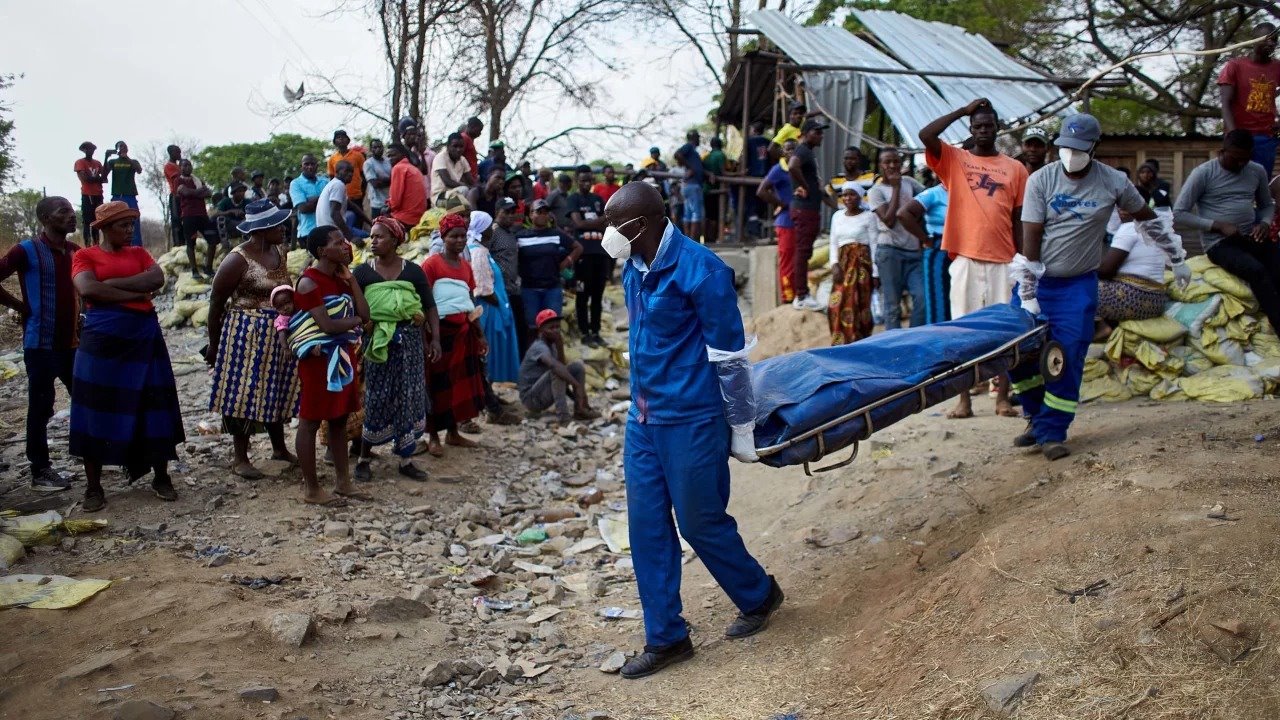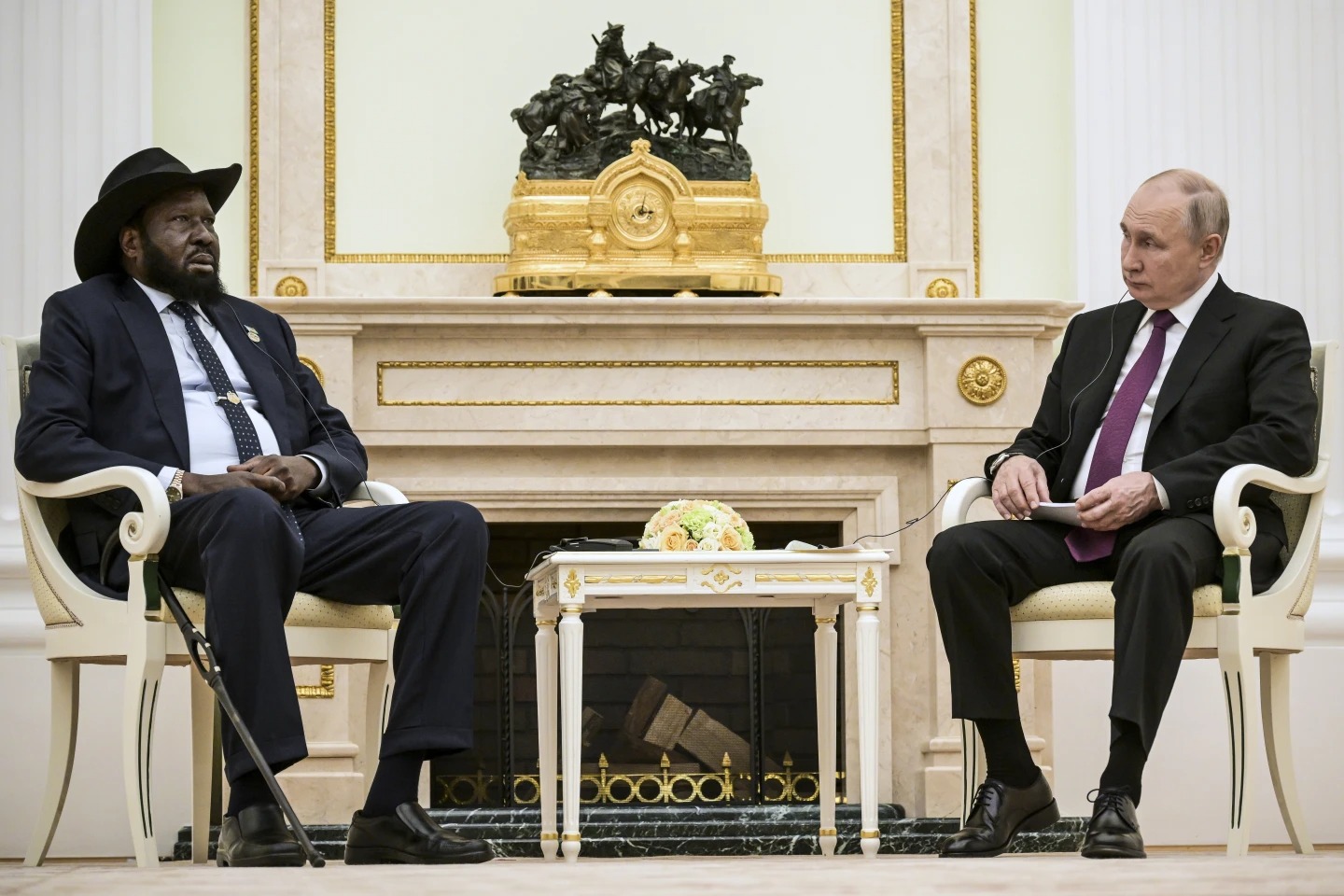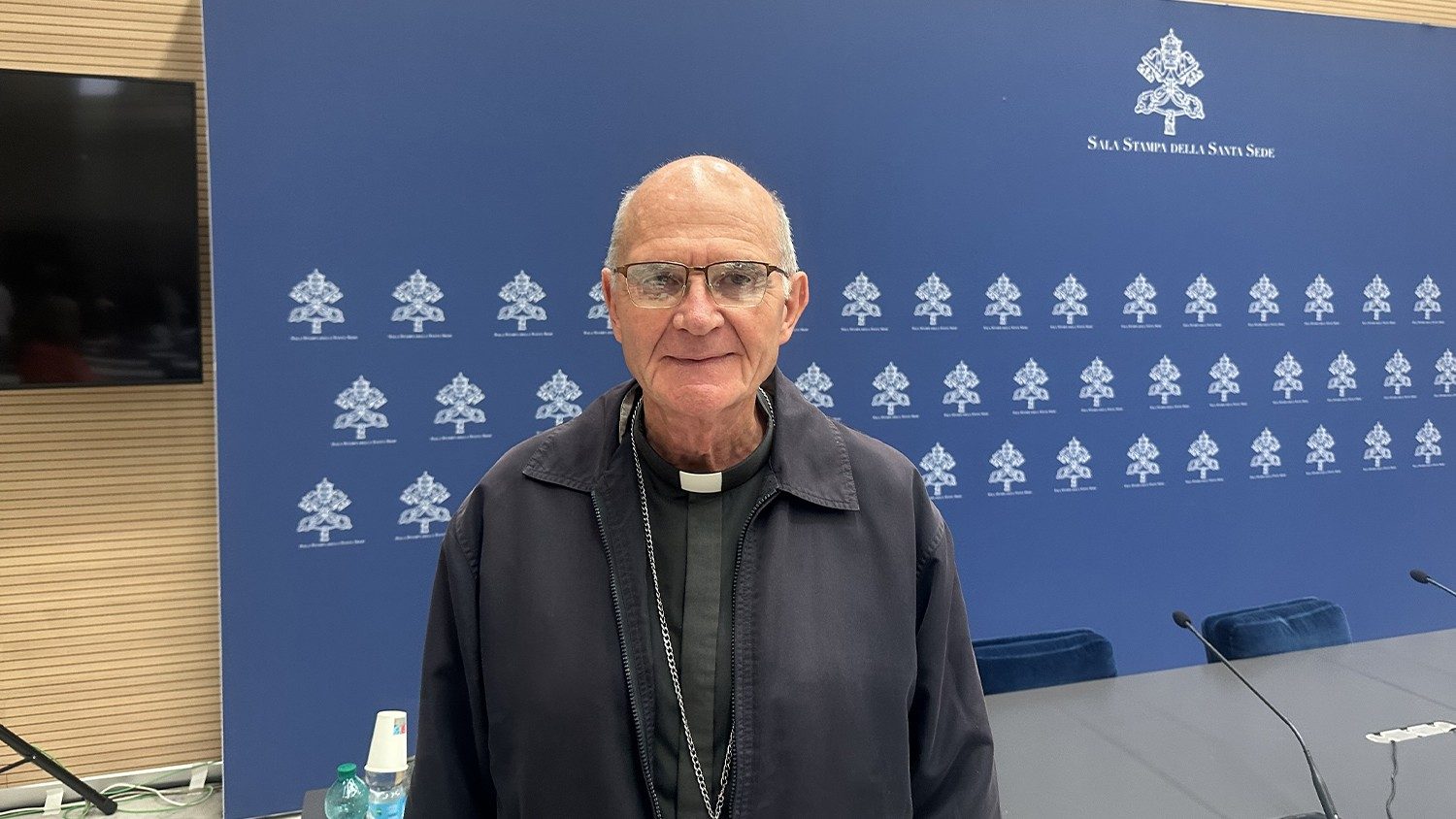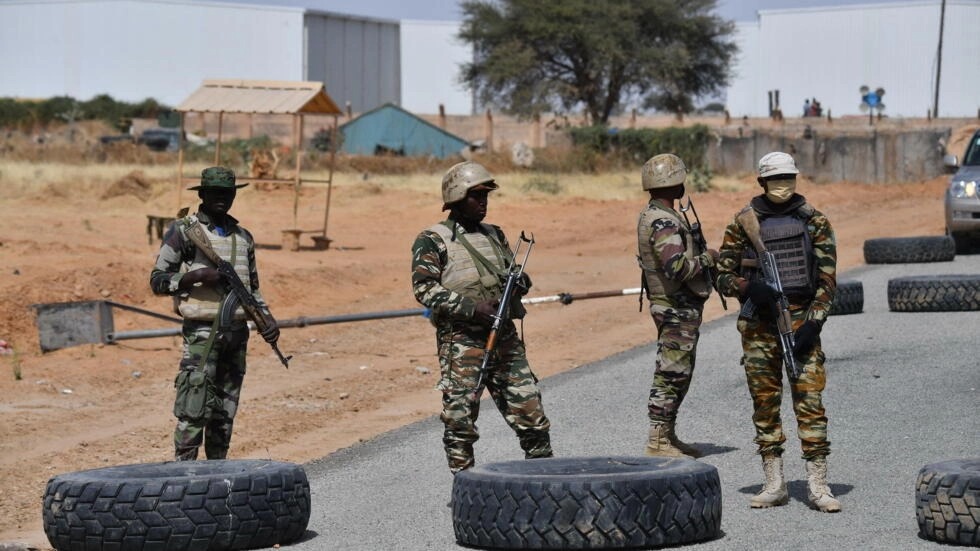A devastating incident unfolded in a Zimbabwean gold mine as a shaft collapse claimed the lives of at least nine miners, as reported by an engineer at the site and the Zimbabwe Miners Federation. Henrietta Rushwaya, President of the Federation, revealed that four bodies have been recovered thus far, while five others remain trapped under the rubble. Hussein Phiri, a mine engineer, confirmed the discovery of the bodies, stating that they are convinced all of them have perished. However, rescue efforts are hindered by ongoing collapses within the mine, posing a threat to the safety of the rescue team.
The tragic accident occurred in Chegutu, located approximately 120 kilometers (75 miles) west of the capital city, Harare, at the Bay Horse Mine. Zimbabwe’s Minister of Mines, Soda Zhemu, who was present at the site to oversee the rescue operation, confirmed that 21 miners managed to escape the mine. Zhemu stated that immediately after the collapse on Friday, 13 individuals emerged from the mine unharmed, followed by the rescue of eight others during the night.
The minister and the engineer also expressed concern for three additional miners who are believed to be missing, though their whereabouts remain unknown. As the hours passed, local residents anxiously observed the rescue efforts, filled with anguish as they awaited news of their loved ones trapped beneath the rubble. Heartbroken women wept, hoping for the safe recovery of their husbands and sons.
Johannes Nyautete, a 33-year-old miner who managed to escape, recounted the harrowing experience. “The mine started collapsing as soon as I entered the underground tunnel, which begins about 250 meters from the ground. It was around 10 am on Friday,” he recalled. “We then witnessed some of our colleagues rushing out of the tunnel, and we escaped together. It was a traumatising experience.” According to Nyautete, the collapse occurred due to the absence of safety pillars within the mine.
Initial reports from the Zimbabwe Broadcasting Corporation had suggested that as many as 18 individuals could be trapped underground. However, Rushwaya clarified that at the time of the collapse, 13 people were able to escape, and another eight were successfully rescued. The nation of Zimbabwe holds significant reserves of platinum, diamonds, gold, coal, and copper, but the struggling economy has led to a rise in illegal mining, often performed under hazardous conditions. Unfortunately, accidents of this nature are not uncommon. In February 2019, 24 miners lost their lives in a flooded abandoned pit caused by torrential rains in central Zimbabwe.





